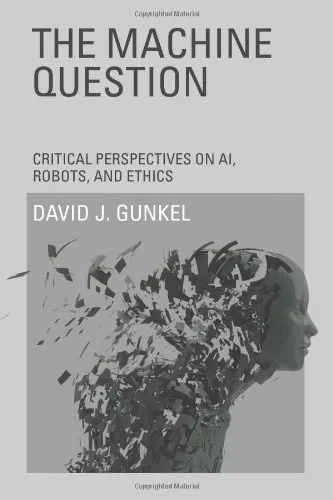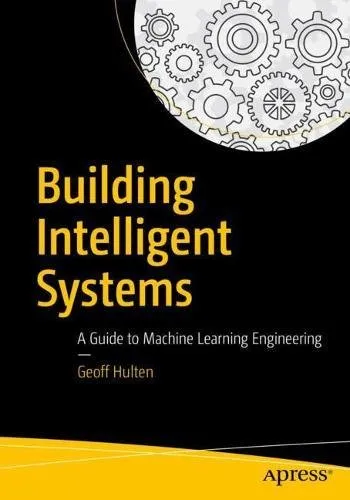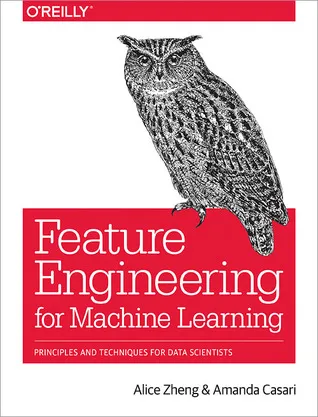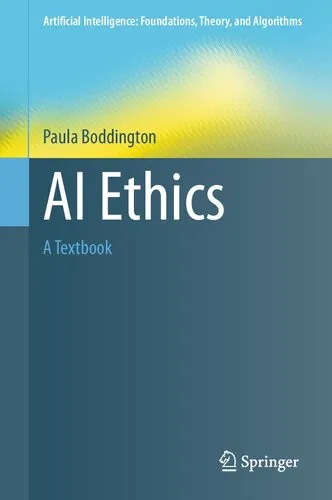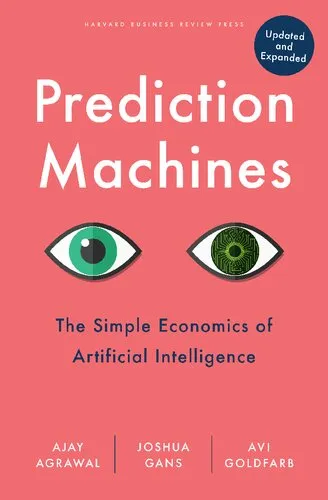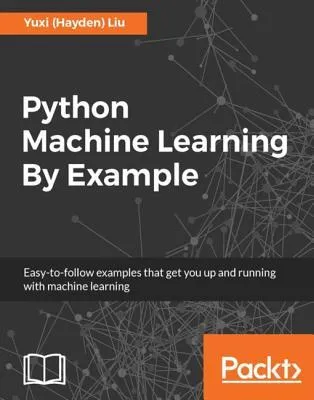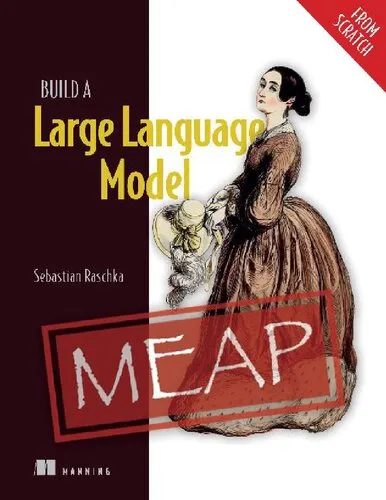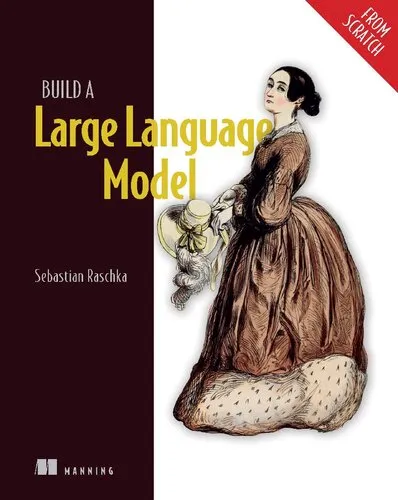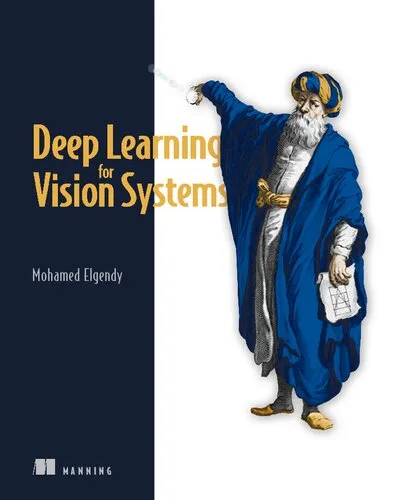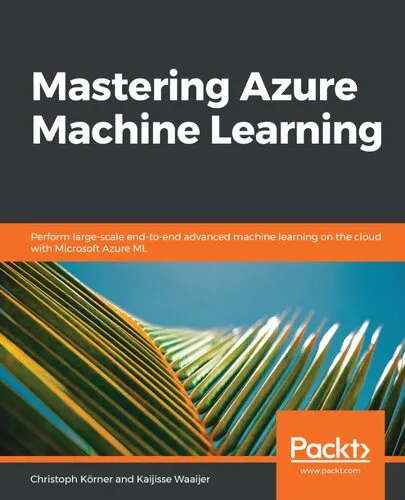The Machine Question: Critical Perspectives on AI, Robots, and Ethics
4.0
Reviews from our users

You Can Ask your questions from this book's AI after Login
Each download or ask from book AI costs 2 points. To earn more free points, please visit the Points Guide Page and complete some valuable actions.Related Refrences:
Welcome to the complex and thought-provoking world of The Machine Question: Critical Perspectives on AI, Robots, and Ethics, a seminal work by David J. Gunkel. This book challenges our perceptions of artificial intelligence and robotic autonomy, exploring the moral and ethical implications of these burgeoning technologies. As machines become increasingly pervasive in our society, understanding the questions they pose to traditional ethical frameworks is crucial. This introduction provides an in-depth overview of the book’s content and significance.
Detailed Summary of the Book
The Machine Question delves into the ethics surrounding AI and robotic systems, challenging the reader to consider machines as entities deserving of moral consideration. The book is structured around the central question: Should machines be granted moral status, and if so, on what basis? To address this inquiry, Gunkel draws from a rich tapestry of philosophical, ethical, and technological insights.
The book is divided into three main parts. Firstly, Gunkel reviews historical and contemporary perspectives on ethics in technology, detailing how thinkers have traditionally approached the moral status of machines. The second section critically assesses the current landscape of AI and robotics, examining how these technologies are integrated into human environments and the ethical concerns they raise, such as autonomy, responsibility, and the concept of agency. Finally, the book proposes a new framework for considering machine ethics, advocating for a shift in how moral agency is perceived and applied to synthetic entities.
Key Takeaways
- The concept of moral consideration is not exclusive to humans and other biological entities; machines challenge this traditional distinction.
- Current ethical frameworks may be inadequate for addressing the nuanced complexities introduced by AI and robotics.
- Gunkel encourages a reevaluation of the criteria used to grant moral status, arguing that machines with certain capabilities may deserve ethical consideration.
- The book advocates for interdisciplinary dialogues, incorporating insights from technology, philosophy, and ethics to navigate the machine question effectively.
Famous Quotes from the Book
Gunkel’s insights resonate through several thought-provoking quotes:
"The question is not whether machines can act like humans, but whether machines deserve to be treated with the moral consideration we typically afford to humans."
"To ask the machine question is not merely to extend the boundaries of moral concern, but to reconsider the very nature of agency and responsibility."
Why This Book Matters
The Machine Question occupies a crucial space in contemporary debates about the implications of artificial intelligence and robotics. As technological advancements continue to accelerate, society must grapple with the ethical dimensions of integrating machines into everyday life. Gunkel’s work is essential reading for ethicists, technologists, and policy-makers, providing a rigorous analysis of how traditional ethics can evolve to accommodate artificial agents.
Moreover, the book’s emphasis on interdisciplinary approaches highlights the need for collaborative efforts across various fields to address the multifaceted challenges posed by AI and robotics. By pushing the boundaries of ethical inquiry, The Machine Question urges readers to reconsider preconceived notions about intelligence, agency, and moral worth, ultimately fostering a more inclusive and forward-thinking discourse on the future of technology.
Free Direct Download
You Can Download this book after Login
Accessing books through legal platforms and public libraries not only supports the rights of authors and publishers but also contributes to the sustainability of reading culture. Before downloading, please take a moment to consider these options.
Find this book on other platforms:
WorldCat helps you find books in libraries worldwide.
See ratings, reviews, and discussions on Goodreads.
Find and buy rare or used books on AbeBooks.
1442
بازدید4.0
امتیاز0
نظر98%
رضایتReviews:
4.0
Based on 0 users review
Questions & Answers
Ask questions about this book or help others by answering
No questions yet. Be the first to ask!
